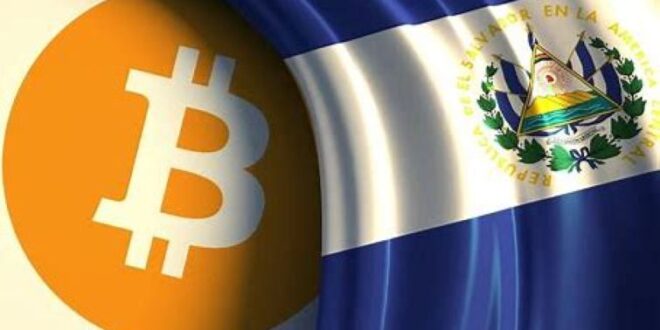El Salvador remains undeterred in its Bitcoin strategy, continuing to accumulate the digital asset despite repeated warnings from the International Monetary Fund (IMF). President Nayib Bukele’s administration has maintained its stance that Bitcoin adoption is a crucial step toward financial sovereignty and economic growth, dismissing external pressures to reverse course.
A Bold Bet on Bitcoin
Since making Bitcoin legal tender in 2021, El Salvador has steadily increased its BTC holdings, leveraging market dips to buy at lower prices. The government’s strategy, which includes initiatives such as Bitcoin-backed bonds and a proposed “Bitcoin City,” aims to attract investment, boost financial inclusion, and reduce reliance on traditional financial institutions.
IMF’s Concerns and El Salvador’s Response
The IMF has repeatedly urged El Salvador to reconsider its Bitcoin-heavy financial strategy, citing concerns over economic stability, fiscal risks, and potential impacts on the country’s ability to secure international funding. Despite this, Bukele’s government argues that Bitcoin provides an alternative to the volatility of fiat currency and grants the nation greater control over its financial future.
Market Conditions and Future Prospects
El Salvador’s continued Bitcoin purchases come amid fluctuating crypto markets, yet the administration remains confident in the long-term potential of digital assets. With the upcoming Bitcoin halving event and increasing institutional adoption worldwide, El Salvador could find itself ahead of the curve if BTC prices surge in the coming years.
A Defiant Path Forward
While critics question the sustainability of El Salvador’s Bitcoin experiment, the country shows no signs of backing down. Whether this gamble will pay off in the long run remains to be seen, but one thing is clear—El Salvador is determined to carve out its own financial path, with or without the IMF’s approval.
 Business Sandesh Indian Newspaper | Articles | Opinion Pieces | Research Studies | Findings & News | Sandesh News
Business Sandesh Indian Newspaper | Articles | Opinion Pieces | Research Studies | Findings & News | Sandesh News



